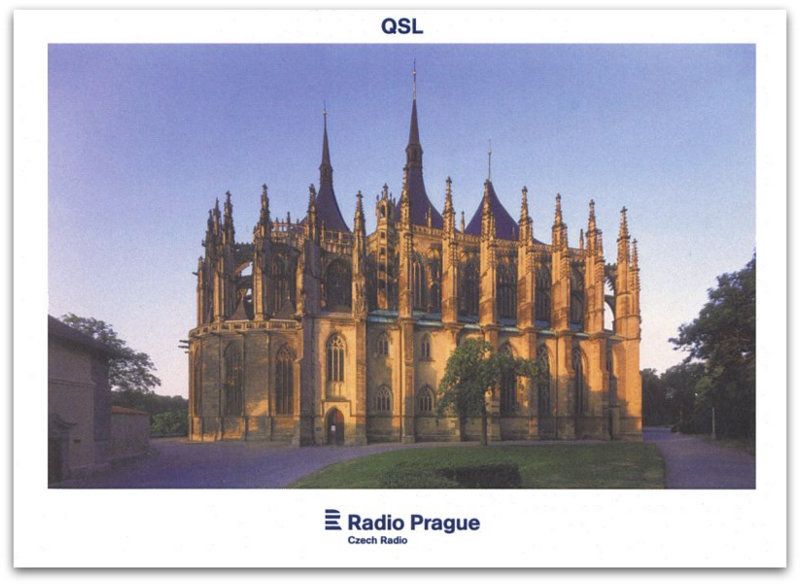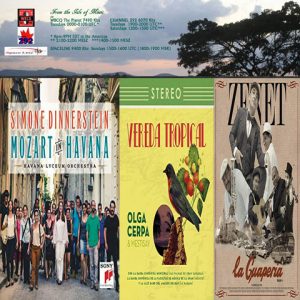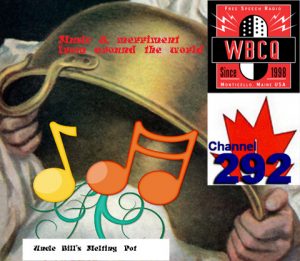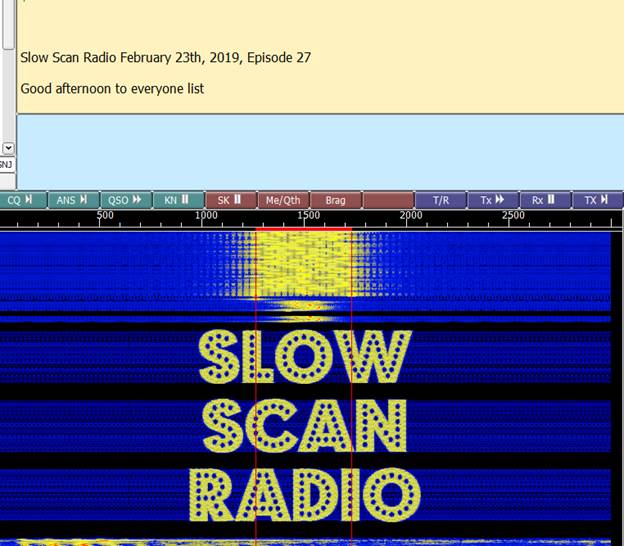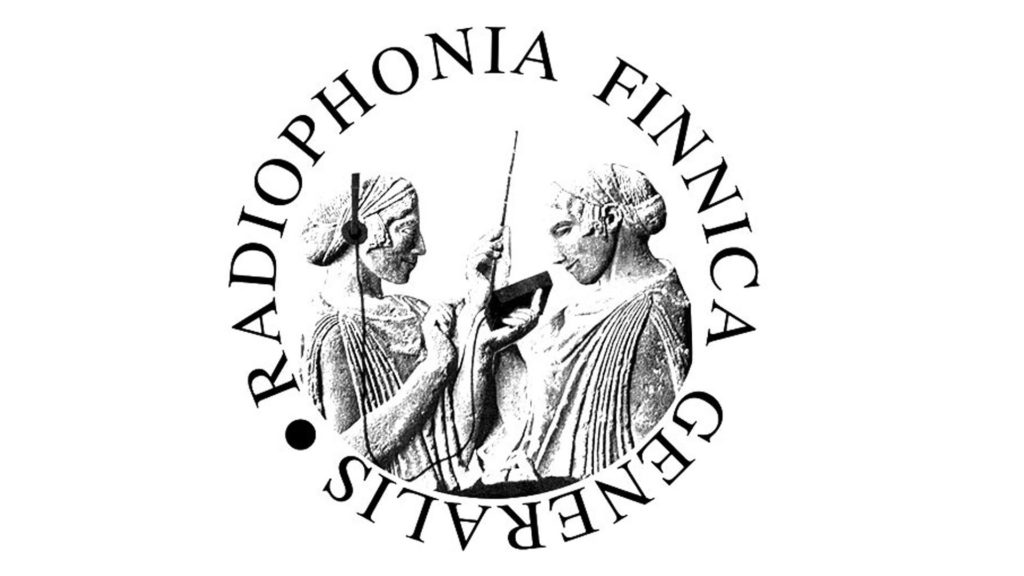
Teachers gather with VOA Learning English instructor at the end of training. (Source: Inside VOA)
Many thanks to SWLing Post contributors, Eric McFadden and Bruce who share the following item from NPR:
The Voice of America has begun a daily radio show in Rohingya, the language spoken by Muslim refugees who have been forced to flee Myanmar. The program is called “Lifeline.”
Click here to read/listen at NPR.
Also, Inside VOA published the following press release:
VOA Launches Rohingya Language Program
Today the Voice of America’s Bangla language service started a five-day-a-week radio show in Rohingya, the language spoken by Muslim refugees that have fled Myanmar. More than 800,000 people have taken refuge at the Kutupalong camp, one of the world’s largest refugee camps at the Myanmar-Bangladesh border.
Titled Lifeline, the 30-minute radio show, is available through short and medium wave signals. The program focuses on the lives and needs of the refugees, providing them with valuable information on security, family reunification, food rations, available shelter, education and health including vaccinations and water purification. In addition, a daily segment of the program offers the refugees the opportunity to share their stories, extend greetings to their families and learn about the hazards of joining extremists groups. One overarching objective of the broadcast is to counter Muslim extremists’ narratives and recruitment efforts in the camps and inform the Rohingya about the U.S. and the international community’s involvement in the crisis.
“After visiting Cox’s Bazaar and the Kutupalong refugee camp last year, it became obvious to me that we needed to address the informational needs of these people caught in the fastest growing refugee crisis in the world today,” said VOA Director Amanda Bennett. “Providing them with a reliable and authoritative source of news, as well as practical information that will improve their lives, is what the Voice of America does well in various hotspots around the world.”
Prior to launching the Rohingya language program, a VOA Learning English team travelled to the Rohingya refugee camps in Cox’s Bazar, Bangladesh, in March of this year at the invitation of the United Nations High Commissioner for Refugees. The VOA instructors offered six days of intensive training on teaching techniques and methods for 100 selected English teachers. The teachers, in turn, will use the acquired knowledge to train another 5,000 of their colleagues in the camps.
Click here to read at Inside VOA.


